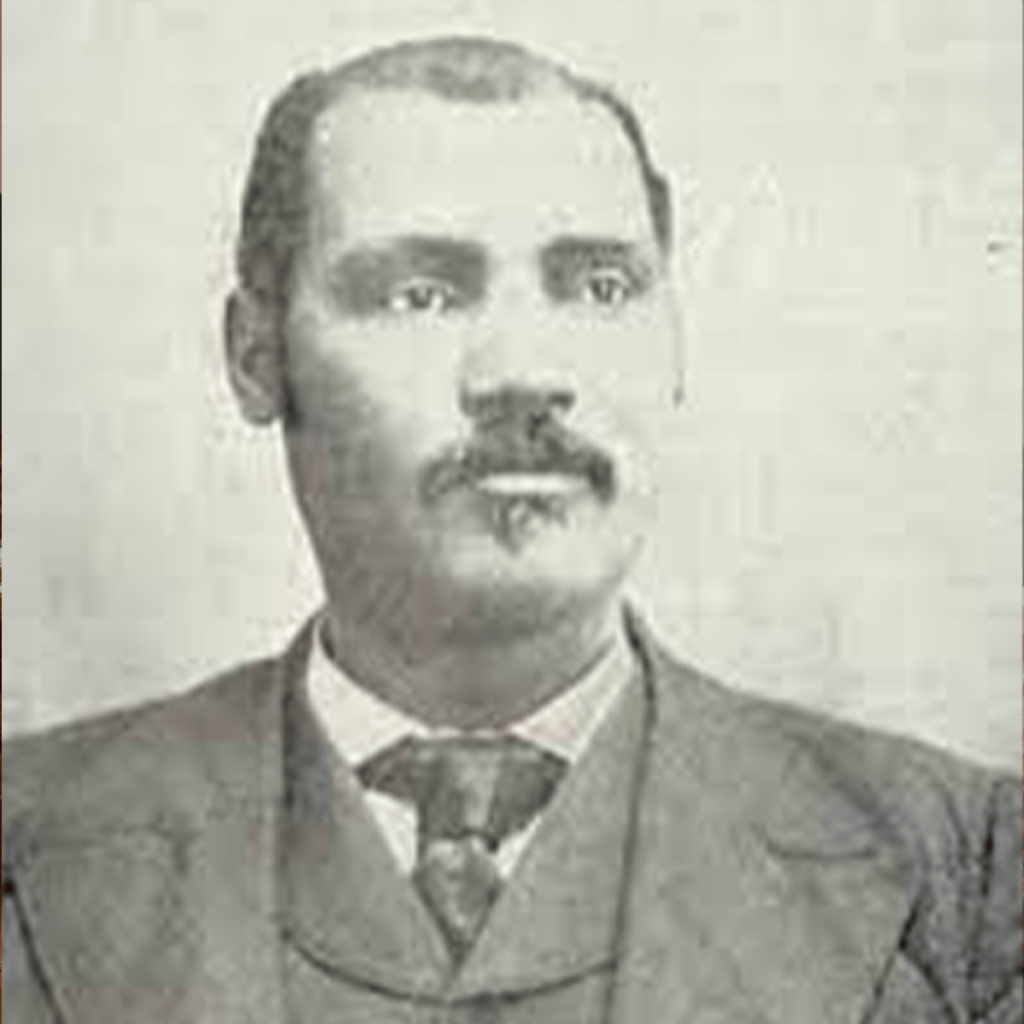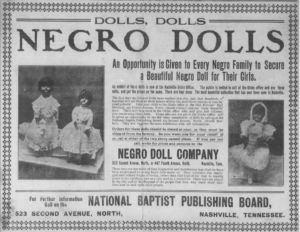
Richard Henry Boyd
The first black-owned doll company was founded in 1911 by a formerly enslaved man named Richard Henry Boyd. Boyd wasted no time and became an entrepreneur with his newly found freedom. Throughout his life, he wore many hats, becoming a preacher, missionary, publisher, educator, writer, and Black Nationalist.
In 1908, Boyd purchased and distributed black dolls he secured from a European manufacturer until he launched the National Negro Doll Company in 1911. He advertised the dolls in the Nashville Globe, newspapers, and Sunday School publications to instill a positive self-image and self-love. The advertisement stated:
“These Toys ‘are not made of that disgraceful and humiliating type that we have been accustomed to seeing. . . . They represent the intelligent and refined Negro of today, rather than that type of toy that is usually given to the children, and as a rule, used as a scarecrow.’ The dolls teach the people that they may teach their children how to look upon their people.'”

Two National Negro Doll Company ads appear in Black Dolls an Identification and Value Guide Book II by Myla Perkins (Collector Books, 1995) on pages 35 and 36. National Negro Doll Company ran the ads in The Crisis, July 1911, and August and September. According to Perkins, “Dolls sold by the National Negro Doll Company during this period were bisque.” The dolls ranged in price from $1 for a 12-inch doll to $8.50 for a 36-inch doll.
Richard Henry Boyd died in Nashville, TN, on August 22, 1922. No more extended manufacturing dolls, the publishing company he founded in 1897, RH Boyd Publishing Corporation, is still operational.
Black Dolls Matter® is proud to follow in the footsteps of pioneering industry leaders in manufacturing black and multi-ethnic dolls like Richard Henry Boyd and, like him, ensuring that black dolls are always available.